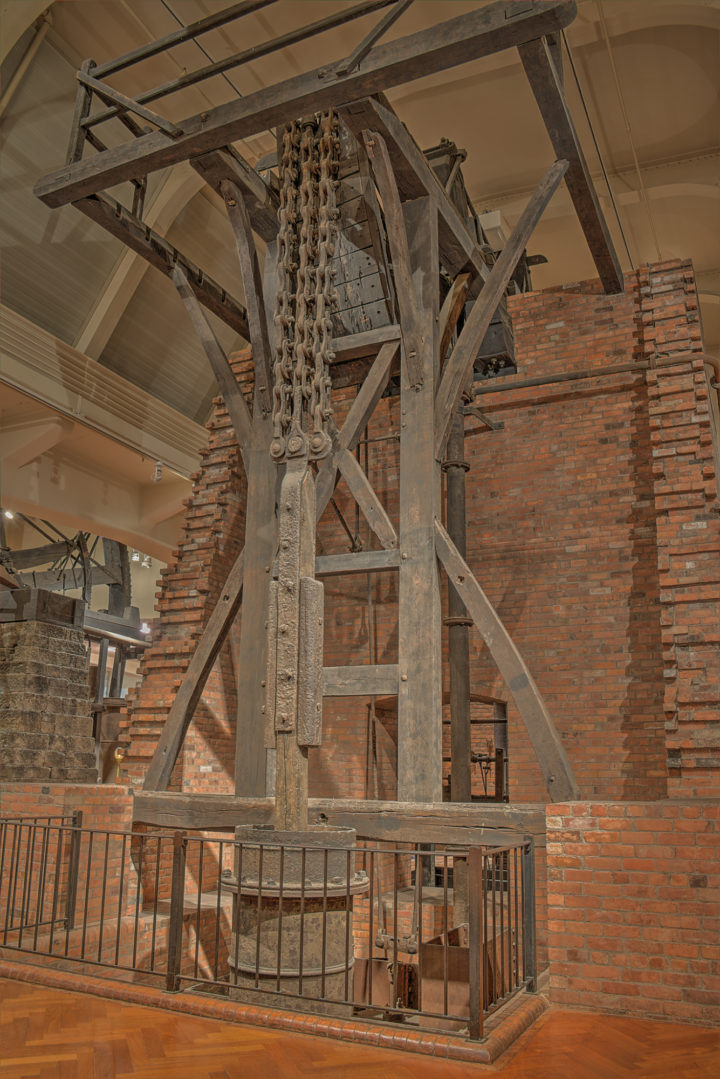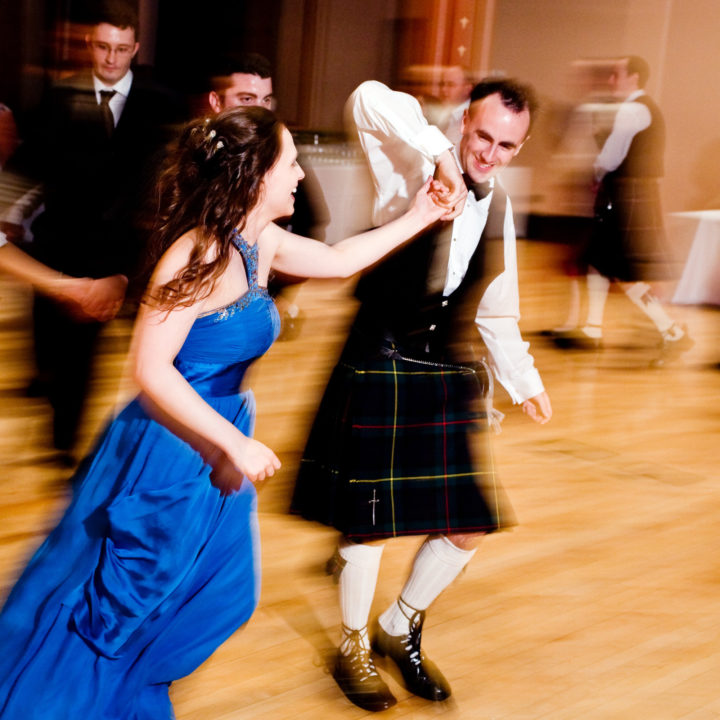A warm welcome, not a warm climate: Glasgow looks forward to COP26
Scottish civil society looks for culture and national action on climate change
By Richard Black
Share
Last updated:

Stop Climate Chaos Scotland is a coalition of over 50 environmental NGOs, development charities, faith groups, communities, unions and other organisations campaigning together on climate change.
We have been working across the coalition, and with wider Scottish civil society, to develop a vision for how we would like civil society coming to the UN climate summit in November to experience our city. We want people coming to Glasgow for the official summit COP26, and for related activities, to feel the distinctiveness of our city of Glas gu, the ‘Dear Green Place’ and I hope this short summary gives you a flavour of what to expect.
Glasgow prides itself as a city with a warm heart; the friendly city. You can’t stand looking lost in Glasgow for long before several people start trying to give you directions. All of us in Scottish civil society want everybody coming to the summit to experience a warm glow of hospitality and welcome.
It’s a feeling many have experienced before – for example in 2014 when our city staged the Commonwealth Games. South African soprano Pumeza Matshikiza’s performance of the Scots-language song Freedom Come-all-ye during the opening ceremony became emblematic of the open, progressive, multicultural and hopeful city that we are.
Glasgow’s place at the start and Glasgow’s place in the solution
Glasgow’s history is not all green. It was here, in 1776, that James Watt launched a radically improved steam engine, sparking industrial fossil fuel use which has since brought us to the brink of climate crisis.

Now, nearly 250 years later, Glasgow is to host those who are gathering to agree how to respond.
The COP will be held at the Scottish Exhibition Centre, land that was once the Queen’s docks – a place crowded with steam ships, plying their trade in coal, iron, steel and the machinery of industry around the world. Glasgow’s rise was propelled by prosperity won as the second city of the British Empire, with its ties to the slave trade.
But out of Glasgow’s industrial past came powerful social movements.
The rent strikes of 1915 spread across the entire UK, bringing reforms that endure today. Later, workers at the Rolls Royce factory in East Kilbride prevented General Pinochet’s fighter jet engines returning to Chile to be used against the Chilean people.
Injustices wrought by climate breakdown are now writ large across the Earth, with those countries that have done least to contribute to the crisis affected the most. Civil society across the world is calling for transformational actions.
And with time running out for us to keep our planet below a 1.5 degree Celsius rise in temperature – the global warming target towards which governments pledged to strive in the Paris Agreement – there is an unprecedented challenge ahead.
Talanoa and tellings
Scotland has a rich tradition of story and song. Glasgow’s links with all corners of the world through her diaspora communities enrich the culture of the city and add weft and weave to our cultural tweed.

Traditionally, the ceilidh house was a place for gathering around the hearth to share stories, songs and poems, particularly during the long nights of winter. And ceilidh culture continues today – a cousin, half a world away, of the Talanoa culture of solving problems through story-telling that Fiji brought into the UN climate process in 2017.
We will bring ceilidh culture to COP26, offering a place where civil society from all over the world can gather around a communal hearth and where people’s stories are heard.
Stories of Hope
Scotland offers much-needed proof that civil society movements working together can make a difference.

A broad coalition of civil society groups campaigned for Scotland’s first Climate Act in 2009, leading to world-leading legislation at the time, and campaigned for a second Climate Act in 2019.
The campaign was bolstered by the emergence of a powerful and fast-growing voice from schools strikers and activists, and the Scottish Government committed to reduce greenhouse gas emissions by 75% on 1990 levels by 2030.
We see the COP as an opportunity for the Scottish Government, and other decision-makers in Scotland, to demonstrate that they are taking the immediate and rapid action that is needed on emissions to reach this target, and we will be encouraging greater ambition from Scotland, and from all rich nations.
In Glasgow in November we are looking forward to welcoming global civil society, bringing forward the voices of those that are most affected by climate change and helping civil society to be at its most effective. We want to hear your stories and songs – and hope that you will bring them with you into the heart of our Glasgow winter welcome.
Share